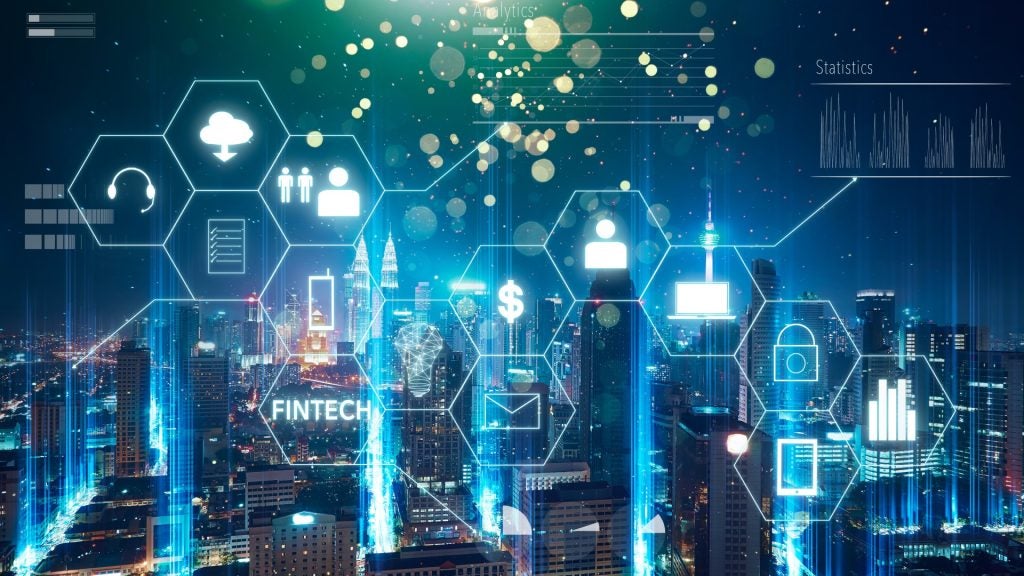Parth Desai, founder and CEO of Pelican, predicts that banks and fintechs will collaborate more; payments and compliance will converge; and payment will rise as a service.
Payments trends
Customers’ expectations, behaviour and preference with regards to payments, have changed radically over the last five years. Today the payments industry is at the centre of banking transformation.
Banks, once the guardians for payments, have lost a lot of control to fintechs and increasingly recognize the need to work together.
Payments processing has taken full advantage of modern technological advances. The adoption of APIs has taken this to a new level. New payments technology has changed the way we buy, transfer funds (domestically and internationally), and expect money to be available immediately.
The key payment trends Pelican sees on the horizon for 2020 and beyond include:
1. Increased collaboration between banks and fintechs – upping the game with new value-added services that have payments at the core. For example: real-time money movement between multiple accounts and between banks, and better provision of “personal financial management” tools with various investment options. The payment service provider will be more of a boutique, offering tailor-made services.
2. Convergence between payments and compliance driven by instant payments – the adoption of instant payments by corporates will increase convergence between payments and compliance. Merchants and corporates will demand AML and transaction monitoring in real-time. Artificial intelligence (AI) will be crucial in detecting fraud and managing risk to ensure real-time compliance for payment services.
How well do you really know your competitors?
Access the most comprehensive Company Profiles on the market, powered by GlobalData. Save hours of research. Gain competitive edge.

Thank you!
Your download email will arrive shortly
Not ready to buy yet? Download a free sample
We are confident about the unique quality of our Company Profiles. However, we want you to make the most beneficial decision for your business, so we offer a free sample that you can download by submitting the below form
By GlobalData3. The rise of Payment as a Service– payment services are not a core competence for e-commerce providers and they will increasingly work with technology partners offering Payment as a Service.
4. Increased uptake of AI and machine learning – As payments processing continues to advance and request for payment (RT2) takes off, the use of AI and machine
learning will become mainstream in ensuring good cashflow, funds allocation and availability 24 x 7.
Compliance trends
Compliance requirements for financial institutions are increasing, particularly in relation to combatting financial crime. We expect spending to increase significantly over the next 12 months as banks deploy technology to streamline their financial crime compliance operations.
Examples include case investigation tools, alert triage, improvements to the customer experience through seamless onboarding, and fraud prevention tools.
Key technology trends Pelican expects to see in the area of compliance include:
1. Use of AI for more advanced analytics – to date, AI applications for financial crime prevention have focused on the predictability of the data provided. More advanced analytics will focus on the explanatory aspect of the models.
2. Fraud and AML convergence – at the ACAMS Conference in fall 2019, financial crime practitioners agreed that fraud and AML investigations teams are working more closely together now than three years ago. Collaborative tools will help ensure this convergence continues.
3. Automation of trade finance compliance operations – there is an imminent technological change taking place within trade operations at financial institutions. This includes the potential use of blockchain, and increased digitization in what historically has been a very manual paper-intensive process.
The use of Natural Language Processing (NLP) along with Optical Character Recognition (OCR) is something that will skyrocket during 2020.
4. Increase in Robotic Process Automation (RPA) – we expect to see a dramatic increase in the automation of repetitive manual tasks, reducing human involvement. This will have a particular impact on the compliance function as during the investigation process, there are plenty of repetitive processes that can be robotized, and it will free up staff to focus on higher value activities.







